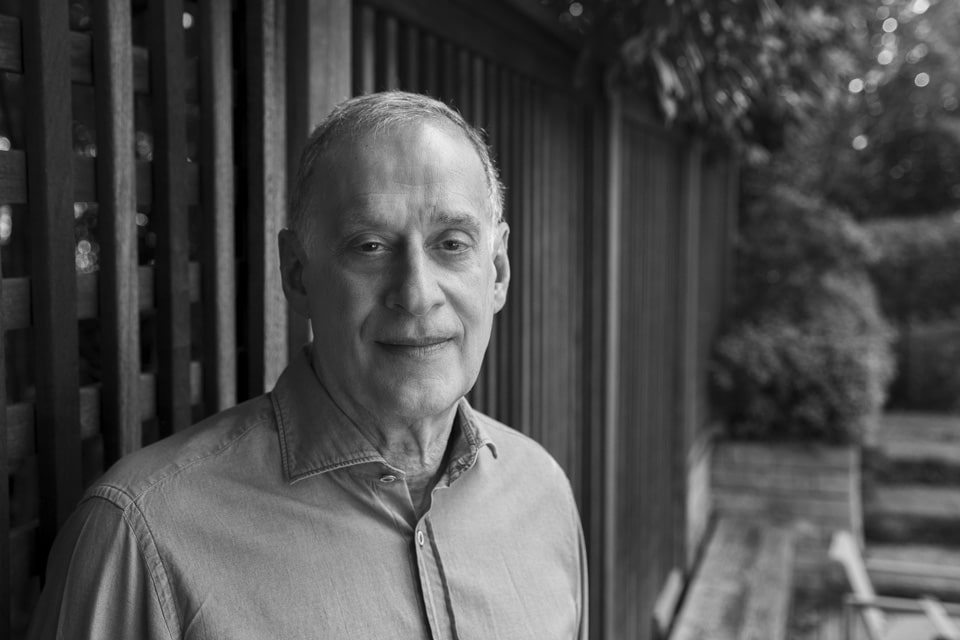My Smartest Mistake

I learned about rewards and recognition the hard way. Throughout my career, I was known for being a strong leader with front line team members. So, when we decided to adopt 360-degree feedback at Kinko’s, the company name prior to becoming FedEx Office, I felt very confident. It would present a great opportunity to learn about myself and my management team. I was correct – but what I learned was that I had been making a big mistake all along.
This was my first experience with having my performance reviewed by my direct reports. I had co-founded a couple of prior companies and things had run smoothly enough that I saw no need for 360-degree feedback at those companies. But Kinko’s had been in turmoil since before I walked in the door. Plus, I had assembled a new senior management team and was curious about how we were gelling as a team.
I have always believed I should hire the best people and then get out of their way. My job was to lower barriers that prevent my direct reports from doing their jobs. I always had high expectations for my senior team, and they seldom disappointed me. But when I got the results of their feedback, much to my surprise, I found out that wasn’t enough.
There was one category where I scored 30 of 100. It stuck out like a sore thumb and it was in the area of rewards and recognition.
At first, I thought it was an error. But I knew it wasn’t when the person leading the 360-degree review process smirked when I challenged the score. I could tell I was in for a rude awakening. I know that as a CEO, I’m not getting honest feedback a lot of the time but I took those results as dead-on honest feedback. If I was going to be an effective manager, a response was required.
At our next weekly staff meeting, I told my entire senior team about the feedback results. I said, “Boy, was I surprised.” I could tell by the looks on their faces that they weren’t. They expressed to me later that they all respected me, and they especially liked the way I treated them with respect. But they also pointed out that work is much more than that. Work is about letting people know that they’re important, that their hard work and efforts matter, and that they’re doing a good job. And that recognition, in fact, is more important than money.
They agreed that I was good at recognition further down in the company. “Starting at the level below us, you’re awesome,” they said. “You walk around and are highly complementary to team members. But you never do that with us.” It had not occurred to me that people really wanted or needed that at the most senior levels, because I didn’t really feel I wanted it or needed it. That’s just the way I am, so I thought. I was treating
them the way I was fine with being treated. But as I reflected on these new and surprising results, I realized I was wrong.
I learned the power of recognition 60 days later. It was just before Christmas and I had bought nine pieces of crystal. Each one was engraved with something special about each member of my team. At the end of our weekly staff meeting, I stood up and said, “I have some rewards I want to give out.” Everyone started laughing because they figured that now I would be on a reward and recognition kick.
One at a time, I spotlighted each person and started talking to the group about him or her. These were seasoned professionals, high-level corporate executives. First, they would blush, then they sat up proudly, and everyone else sat up proudly, too, because we had done an extraordinary job and we all knew it. We just hadn’t talked about it. It was a very emotional time for everyone in the room.
I got such a good, warm feeling that I realized I had a gaping hole in the most important part of my management skill set and that was the ability to say, “Thank you, great job, I appreciate you and what you’re doing for the company.” It was now obvious to me that this is the most important thing a leader can do.
Because I didn’t have that page in my playbook, I asked the group, “Would you please help me be better? If you think I’m missing an opportunity, I want to know about it. If you think someone is doing a good job, I want everyone to know about it.” I think there was a little fear and trepidation about how I would deal with this, but when people saw that I legitimately cared, I got a lot of help. For example, the head of our sales organization would give me a sheet of paper each month and say, “These are people across the sales organization, this is what each have done that’s so extraordinary, and if they heard thanks from you, they’d fall out of their chairs.” I began writing thank you notes to a hundred or so sales leaders each month. It became a big part of the culture in the company moving forward.
The things I started doing were rolled out to all of my direct reports and then to all of their direct reports. You could feel it rolling out in the company. As we walked through the buildings, we began to see photos of people who had done good things, neat stuff that further personalized the organization.
Once that started, new ideas began bubbling up from inside the organization. For example, we went to summer hours at the support organization offices for the first time. Some might say that’s a personnel policy but that thought comes from the same place as a “thank you” comes from. These are the kinds of things that make people believe, “This is a company that appreciates me, where I’m recognized and I have some worth other than putting in the hours.” You can say it’s altruistic but, frankly, giving people opportunities to grow and helping them grow is good business. If people are happy and believe in the company they’re working for, better results follow.
When you first start this, everyone has to see it in action, repeatedly, to believe you are sincere about it. You have to be both persistent and consistent. It took time but my
team began to believe it, and then the company began to believe it. We were building a new layer of trust over the organization.
Trust is an unbelievably strong resource to have in a company. Every organization at some point in its life will hit a rough patch. When that happens, whether it’s belt-tightening or a reverse of direction, you’d like to have that foundation of trust to fall back on. Recognition is one of the things that builds trust over time. And I’d be way behind in this area had I not been slapped on that 360.
Written by Gary Kusin.
Have you read?
Are CEOs creating a digital well-being crisis at work?
Leadership in a Changing World: Lessons from Alex Reinhardt’s Academy.
Discovering Africa’s Majestic Heights: The Continent’s Highest Peaks.
From Flyers to Logos: How VistaCreate Supports Small Business Marketing Needs.
Highest Paid Big Pharma CEOs And Top Executives.
Bring the best of the CEOWORLD magazine's global journalism to audiences in the United States and around the world. - Add CEOWORLD magazine to your Google News feed.
Follow CEOWORLD magazine headlines on: Google News, LinkedIn, Twitter, and Facebook.
Copyright 2025 The CEOWORLD magazine. All rights reserved. This material (and any extract from it) must not be copied, redistributed or placed on any website, without CEOWORLD magazine' prior written consent. For media queries, please contact: info@ceoworld.biz








